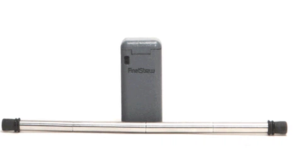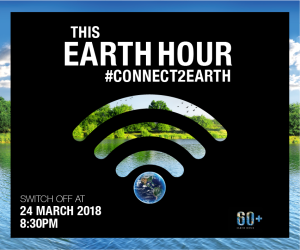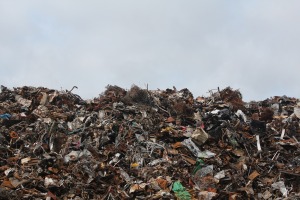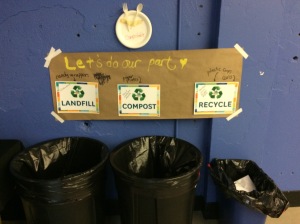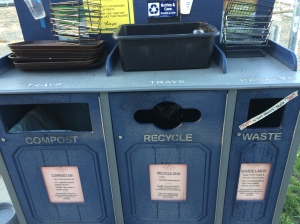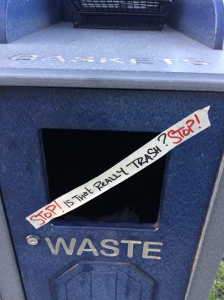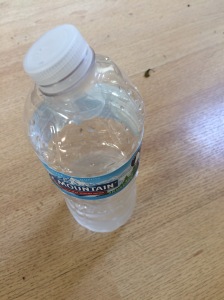Earlier this summer, I attended a festival that was so negligent in its (lack of) recycling efforts that I went before the city council to express my dismay. How delightful it was then to attend not one, but two, events in total contrast to the environmental disregard.
I went to a Minnesota Twins game at Target Field and was astounded to find that "the Twins are working hard to be completely green." The ballpark recycles just about everything -- including organics -- and makes it easy to do so. In fact, I had to search out a trash can because they are hidden off to the side, whereas the organics/recycle containers are prevalent. The Twins even recycle the paper towels from the restrooms!
My second environmentally friendly event was the Church of the Resurrection Festival, where the volunteer "Green Team" did all they could to make the event produce zero waste. There was a compost/recycling station on the "midway." The dinner used biodegradable utensils and plates and composted the food scraps. Tickets from the games were recycled. There was not much that wouldn't fit in one of the many bins in their station, and they staffed it with Green Team members to encourage participation.
I applaud the forethought it required to fully support the environmental actions, and the commitment to make it work on-site. Let's hope some of my hometown festival planners attended these events and turned green with envy at how far others progressed in preserving the planet, and that your organization uses them as models for how large scale events can limit waste.
-- beth triplett
leadershipdots@blogspot.com
@leadershipdots
leadershipdots@gmail.com


